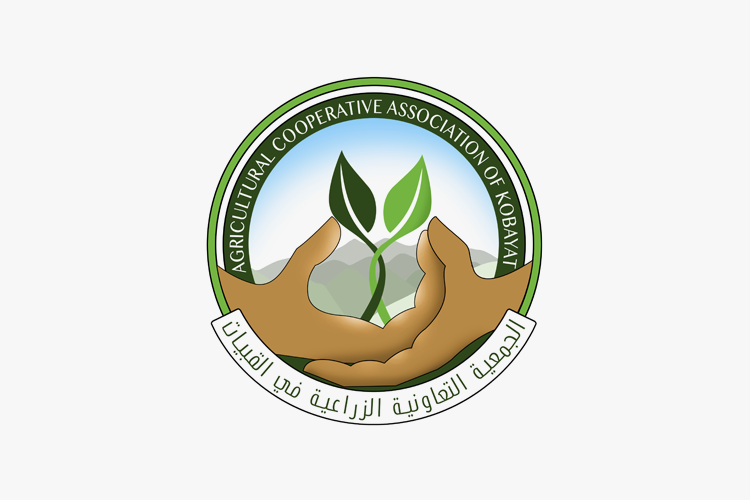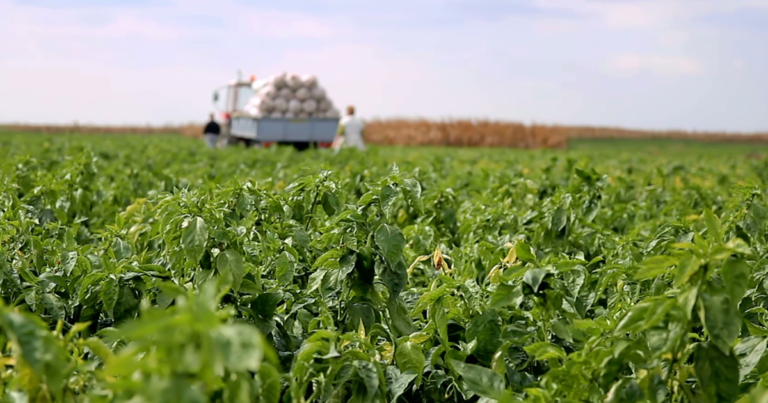Their new solution “Green Feedz” is an animal fodder production system which responds to the need for import substitution under the currency crisis and to the scarcity of land and water needed to locally grow the currently imported grains.
It is an intensive production modular system for sprouting a grain mix using water, energy, and land efficient hydroponics. This system will provide daily fresh feed for the region’s private livestock farms, including the high-protein grain seed. It will be powered by solar energy and positioned strategically for efficient bi-weekly delivery, and it will provide year-round employment for 4 people, half of whom women. They intend to offset up to 90% of the cost of the imported and most costly portion of the feed mix currently in use by most growers.
The solution has superior cost, health, and logistical-security benefits. In the last few months, feed purchasing has been inhibited by fuel surcharges, currency devaluation, and power outages. This is a local solution with local distribution networks, logistical cushioning against disruption of grain import, a 7-day cycle of production, and a grid-independent supply of power. It is a reliable source of feed which farms can trust will continue to be priced as agreed with very little impact from currency or mobility fluctuations. This will help them plan and price their products accordingly. There are many positive impacts on the environment, including green energy, no residues, zero waste, minimal use of water, and reduction of disease for livestock. Only one truck is used to deliver all daily produce in one trip to all benefiting clients, and this distribution channel is confined to a radius of 3Km and up to 10Km max with scale-up. This is a truly local solution which empowers the community, reduces the impact of large-scale logistics, and minimizes reliance on unsustainable practices. Also, This solution provides access to employment to all vulnerable groups, including Syrian refugees, women, and people with disabilities. Skills needed are trainable. Scall-up is a most after the initial 6 month pilot.



